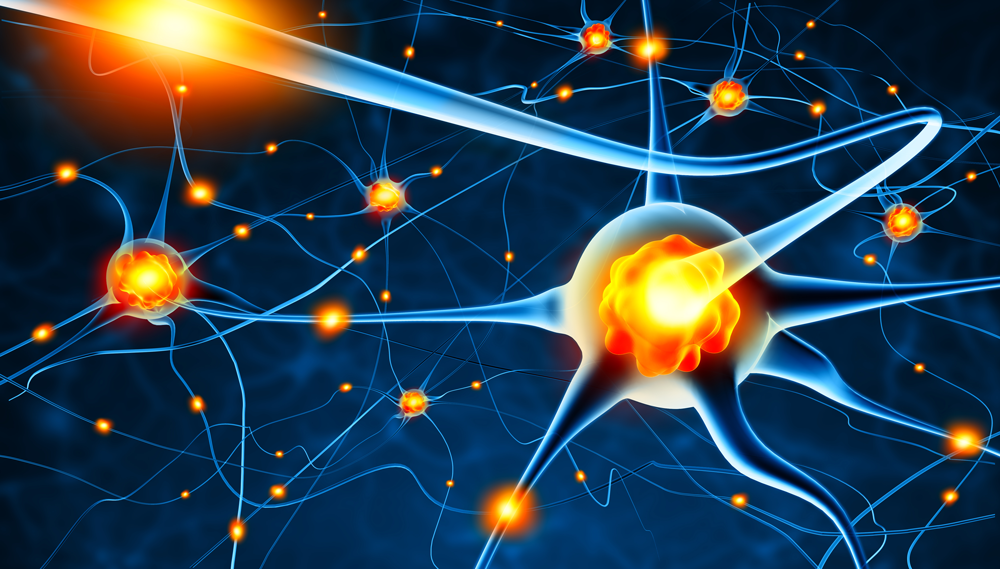AETIONOMY Project Outcomes
AETIONOMY was initiated to explore the idea that conventional disease definition is an increasingly outdated concept in the current medical environment. Opportunities for so-called ‘precision medicine’, in which molecular features both identify and direct treatment for disease, have been observed in a range of disorders, most prominently in the oncology field. The AETIONOMY consortium chose to seek molecular characteristics of Alzheimer’s disease (AD) and Parkinson’s disease (PD) that might contribute to a ‘taxonomy’ of these conditions, and help our community move towards a precision-medicine approach.
The project has developed innovative computational tools to manage and interpret the complex healthcare and research data environment. It was a Herculean task for the teams to clean, associate and relate data that had been collated to answer diverse research questions over the years, and to make them available for our cause. Among the legacies of AETIONOMY are the resultant ‘cleaned’ data, managed in a knowledge base that will support future researchers.
More information about methods, models, services and data in the AETIONOMY Knowledge base: https://data.aetionomy.scai.fraunhofer.de/
The outcomes are still being explored and our findings will support new research directions for many years to come. Excitingly, the computational models appear to have identified groups of patients that differ significantly from each other. The differences can either be traced to molecular characteristics or describe different risk profiles for the development of neurodegenerative disorders. Both findings offer insights into future opportunities for precision-medicine approaches and increased hope in the search for treatments.
Presentations of the project outcomes and of related dementia research initiatives can be found under: https://www.aetionomy.eu/en/events/aetionomy-final-symposium.html
 Organising Knowledge about Neurodegenerative Disease Mechanisms for the Improvement of Drug Development and Therapy
Organising Knowledge about Neurodegenerative Disease Mechanisms for the Improvement of Drug Development and Therapy




